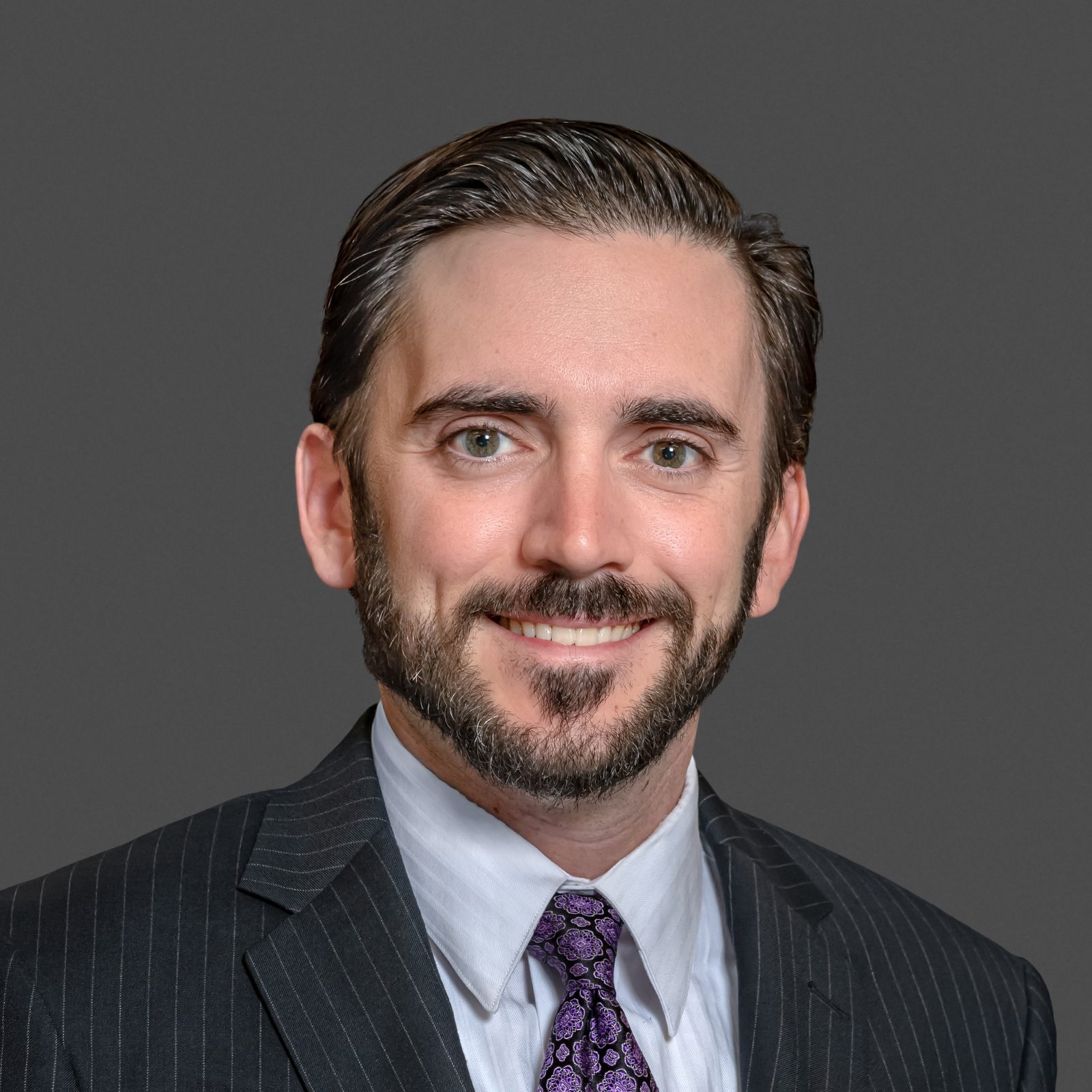
The finalists for WashingtonExec’s 2023 Pinnacle Awards were announced Sept. 25, and we’ll be highlighting some of them until the event takes place live, in-person Nov. 16.
Next is Tristan Bannon, executive director for renewable energy and climate technology at Leidos, and finalist in the Climate Change Executive of the Year, Public Company category. Here, he shares his primary focus areas going forward and career advice.
What are your primary focus areas going forward, and why are those so important to the future of the nation?
At Leidos, we’ve built our climate change program around the markets we serve and identifying how human induced climate change is creating risks and opportunities in those markets. At each of those intersection points, we’ve identified how we can make an impact by aligning industry solutions, internal investment, and partnerships. Over the last two years, we’ve really zeroed in on refining our differentiators in three areas that are critical to our nation.
First is Federal Energy Infrastructure, where we are using our experience designing energy solutions for 200+ utilities to make the Federal Government both cleaner and more resilient. Second is Climate Data and Infrastructure, where we are fusing decades of experience modernizing national security digital infrastructure with insights from world class climate science to help diverse clients make climate data work for them.
Third is Sustainability Consulting, where we are building off 30 years of environmental consulting to help our clients build sustainability into their operations.
What’s your best career advice for those who want to follow in your footsteps?
If you are someone who is passionate about the environment, there’s a job for you working in solutions to address climate change. I think there’s a misperception that you need an advanced degree in climate science to be involved in climate change.
My perspective, and I mentioned this is how Leidos has envisioned an approach to a climate change business, is that the risks and opportunities caused by climate change impact every sector of the economy. Those risks may fundamentally change the nature of how business is conducted in those sectors, but also creates opportunities for change agents. We are in the early stages of a once-in-a-generation transformation.If you have a set of skills, whatever those skills are, they can be put to good use in service of this transformation.
When I made the decision to shift my own career into climate and energy, my experience had mainly focused on growing and running technology-oriented profit and loss portfolios. But I made a bet that with hundreds of billions of dollars being appropriated to fund (largely commercial) technology-based climate and energy solutions, my expertise in how to leverage federal acquisition processes to accelerate technology adoption could be my platform.
So, find the thing you can offer to this transformation, learn as much as you can from books and magazines and podcasts, talk to as many people as you can, and be a part of something big.

